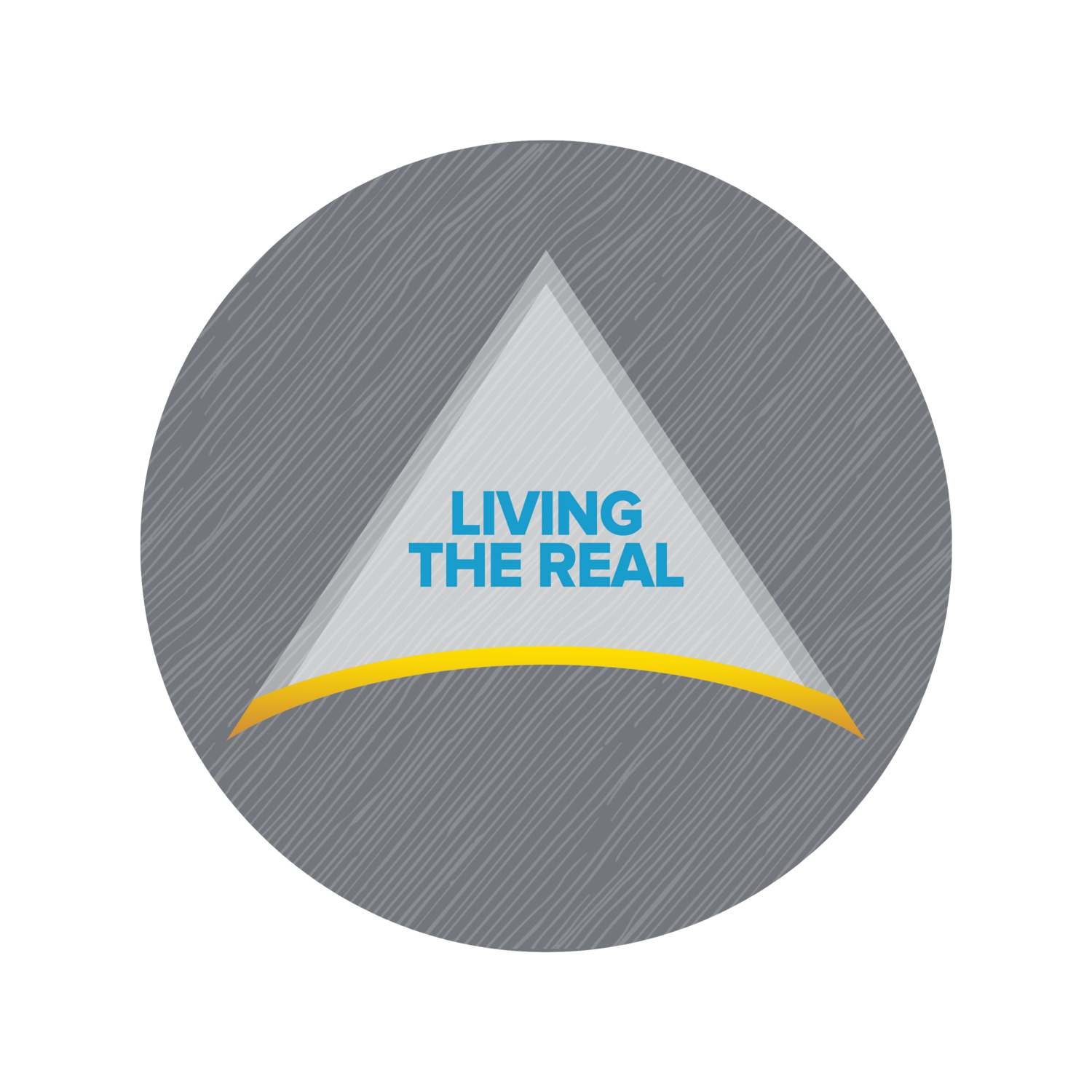As my wife and I prepare for baby number two (Irish Twins, pray for us!), I have been noticing a particular todo being relegated to the backburner each week. Even though I clearly know the importance of this task as we prepare for a larger family, that knowledge seems to have no impact on the priority. As I stopped to think why, I discovered four ways in which we often get stuck with getting things done:
Home Field Advantage
"One of these tasks is not like the other," is what I noticed when comparing the lingering todo with all the other tasks I was hammering away at day-after-day. In the end, home field advantage goes to the task with the greatest simplicity and specificity. The reason why I was delaying an important todo was not because I was procrastinating, but rather because of the task's lack of clarity and specificity. All the surrounding tasks were vying for my attention with their clarity of direction. If I'm rushing through my list and I see one task suggesting to "Mow the lawn," and the other one suggesting to "Build a Dog Run," I'm no soothsayer, but I'm sure I'll be picking "mow lawn."If we want to be most effective with our day, we need to ensure that we do our best not to create favoritism between tasks. To do this we must regularly examine our todos, giving serious attention to the lingering ones. Generally, the reason why we get to some tasks and not others is because the unattended tasks weren't tasks to begin with, but rather projects. The golden rule is that if the task takes more than one step to complete, then it ought to be converted to a project. When I did this with my hanging task, I immediately began seeing progress. Rather than "Clean Basement," tasks like "clean out desk drawer," or "label bins on shelf" became much more appealing, and were thus quickly flagged for that day's list.
Absence Makes the Heart Grow Founder
Sometimes our initial passion for a task quickly wanes. If that is the case, it is no longer necessary to keep these tasks in the foreground, taking up mental real estate. The best way to remove these tasks from sight is to either defer them out to a later date, or to send them to a maybe/someday list which is reviewed much less often.Task Hoarder Anonymous
People ascribe more value to things simply because they own them. This has become such a well known reality that it has its own label: The Endowment Effect. This "endowment effect" can also make a mess out of todo lists. As soon as we write down a todo, we "own it." Now that we own it, we ascribe unprecedented value to it. Eventually some of these tasks become old and outdated. Rather than deleting them, we keep them lingering around just in case, never really having an idea of what the case might be for needing them. My two rules are these: If that task did not exist today, would you add it to your list knowing what you know now? If not, delete it. In addition, if the added/created date is a year old, seriously consider deleting it unless it is an active recurring item. Some people will include ideas in their task lists. I'm strongly against using any task management system for anything other than actions. All ideas, thoughts, inquiries, notes, and resources should be stored someplace else. Keep things clean, keep things tidy, keep things going.S#*@ or Get Off the Pot
Sometimes the task is specific, clear, important, timely and relevant, yet we still are not making room in our day to get it down. When this is the case, we are left with two options:- Is this something that can be delegated? If so, delegate it and document the delegation accordingly in your task management system for regular check-ins.
- If the task cannot be delegated, yet it needs to be done, then it is time to take more drastic measures. Get out your calendar, and find a block of uninterrupted time that you can formally designate for this task. Block it out, and make sufficient notes in your event to ensure that there is no question what this block of time is meant to be used for. Now, GET-IT-DONE.
Reading this was the easy part. It's your turn now. Open up your task list and take a serious look at those lingering tasks. Now increase clarity and specificity, defer them, delete them, delegate them, or do them. Good luck!

